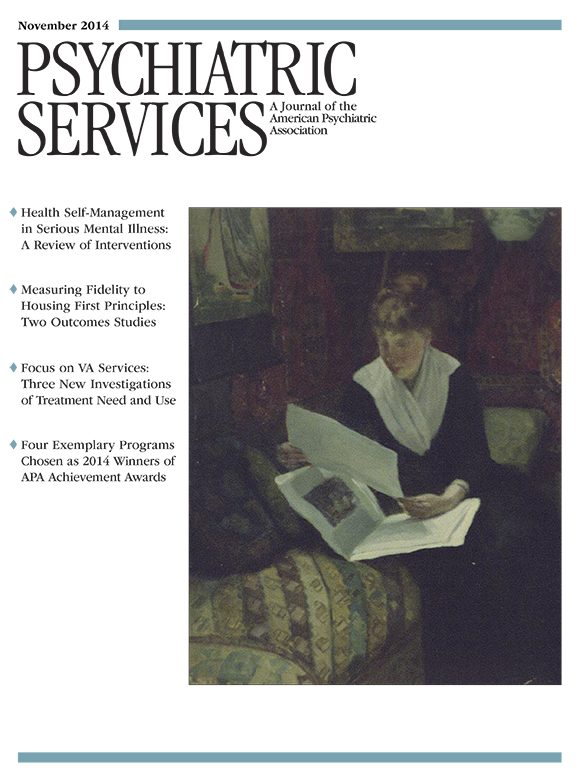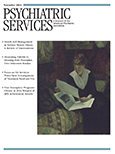Organizational skills are critical for completing essential everyday tasks across a multitude of occupational areas, such as activities of daily living, education, work, sleep, leisure, and social participation. Mental illness is often associated with cognitive deficits that negatively affect organizational skills and time management. Improving clients’ cognitive skill sets has the potential to help them enhance their performance of critical life tasks and further the recovery process.
One intervention to enhance cognitive skills is the OT: Let’s Get Organized (OT:LGO) program, a 20-week group intervention aimed at improving organizational and time management skills for clients with co-occurring substance-related and psychiatric disorders. The intervention was initially developed and implemented at Palladia, Inc., Starhill, a residential drug treatment facility. In OT:LGO, clients gain an understanding of how to take control of their daily lives by using cognitive adaptors—such as alarm clocks, watches, and appointment books—as organizers and memory aids. Each session follows a similar structure in order to build organizational habits and promote consistency. The sessions begin with clients using an emotional checklist to understand how mood affects their ability to learn. The bulk of each session consists of various therapeutic activities, ranging from the creation of color-coded time construction charts to graphing circadian rhythms for comparing energy levels with task requirements. The sessions end with homework, and clients are expected to use their appointment books on a daily basis. Through habitual use, clients begin to view their appointment books as a history of their daily lives, enabling them to concretely and graphically see the progress and process of their recovery.
Another important component of OT:LGO is the Clean Sweep session, which helps clients learn how to clean and maintain an organized living space. The Clean Sweep session is critical for helping clients learn how to reduce stress by decluttering their living environment so that it can be safe and organized. The strategies learned in this session allow clients to maximize time management by minimizing time and energy spent locating important items, such as bills, clothing, or eyeglasses.
The Clean Sweep session is a unique learning tool in that it features a video in which a client demonstrates how to organize one’s personal space. Two factors that enhance the therapeutic value of groups are identification and imparting of information. Therefore, the decision to feature clients who have completed OT:LGO was based on the premise that learning from peers, as opposed to group leaders, may be more motivating and more effective because clients can more easily relate to one another than to an authority figure.
The methodology for the video is based on literature that demonstrates how executive functioning deficits interfere with organizational skills of clients with a mental illness. The video offers strategies to help clients declutter their personal living space, including how to organize possessions in a logical and systematic manner so that items are easily accessible; how to decide what items to keep, throw away, or donate; how to categorize and sort items on the basis of similar characteristics; and how to use cognitive adaptors, such as folders, drawers, boxes, and labels, to organize belongings.
The video enhances awareness of how to maintain an organized living environment and encourages clients to practice the skills demonstrated in the video. Clients use the strategies demonstrated along with trial-and-error learning to determine which techniques are most effective for them. One client used the strategies presented in the video to organize a junk drawer in his dresser. After implementing a plan to divide the contents of his junk drawer into three piles—items to keep, throw away, or donate—the client used clear, shoebox-sized containers to sort the items he planned to keep. With this system in place, the client expressed a reduction in the stress associated with misplacing important items, “I can finally find my tools. . . . it all fits one drawer.” Another client explained that, for her, maintaining her environment was often harder than the initial task of organizing. After experimenting with different strategies, she determined that scheduling a consistent, weekly time to reorganize was most effective for her. For this client, developing a consistent routine through the use of her planner was the critical new skill. The lessons learned from the Clean Sweep session, while unique to each client, provide a foundation for a more successful transition into the community.

